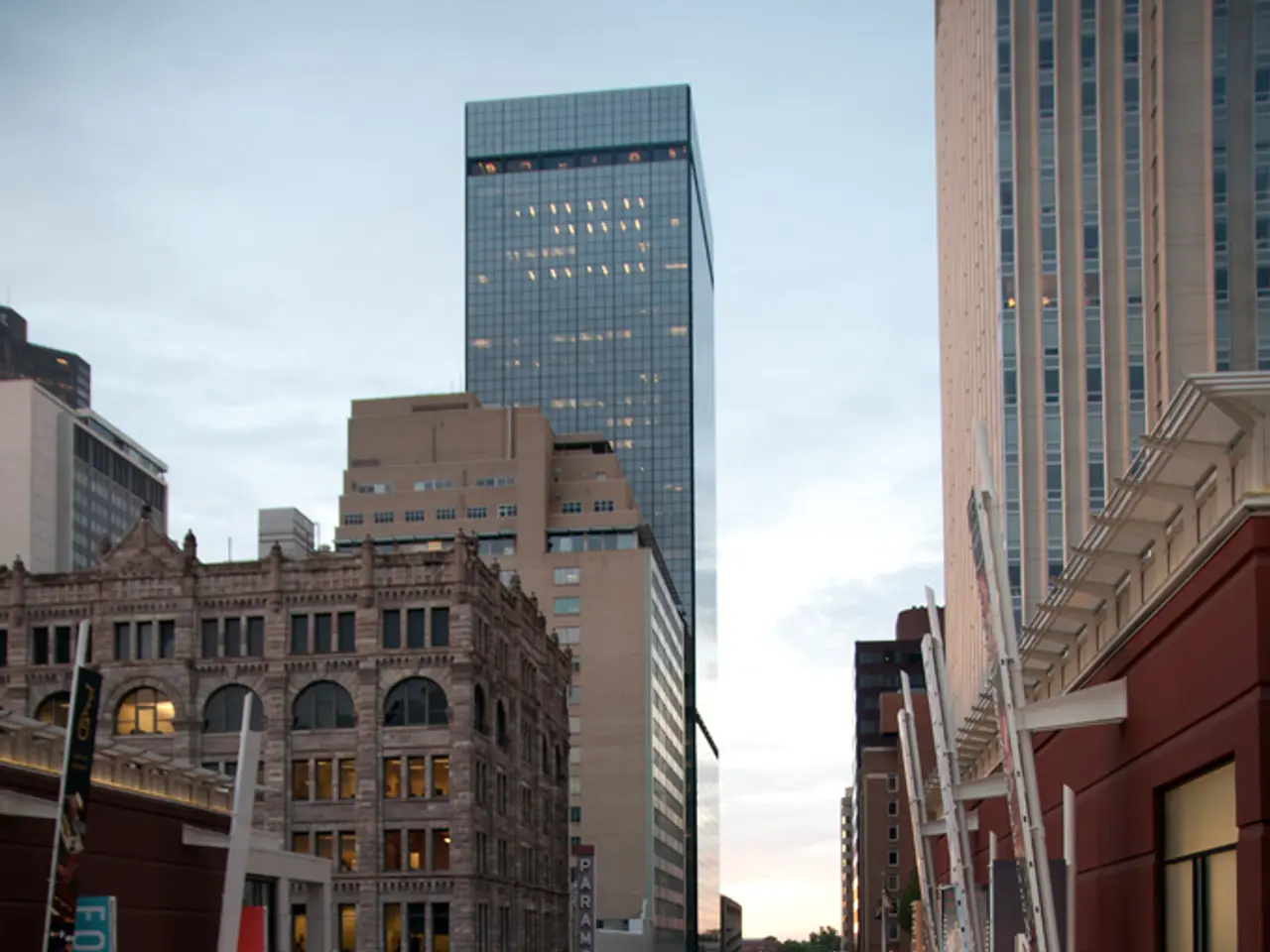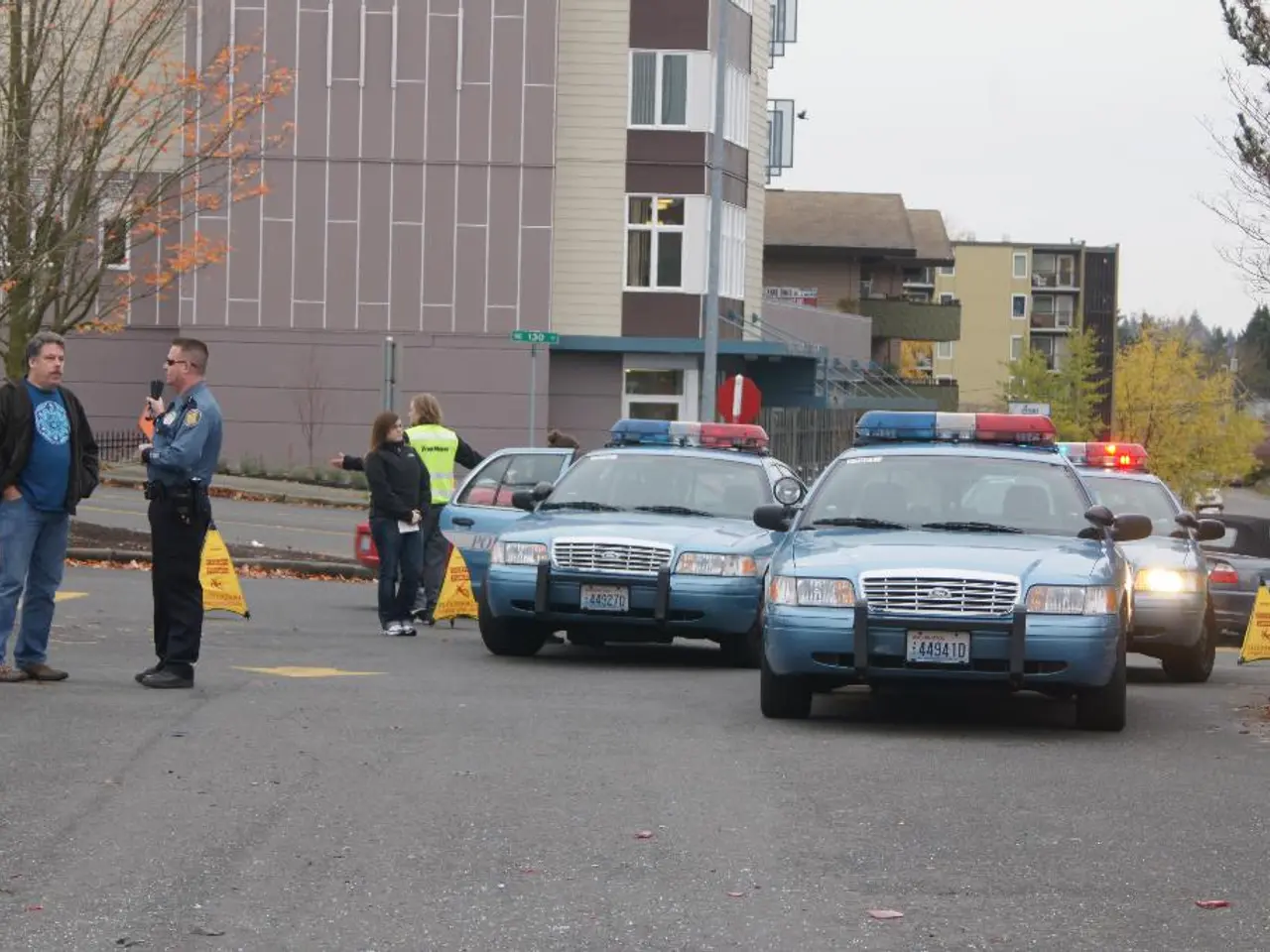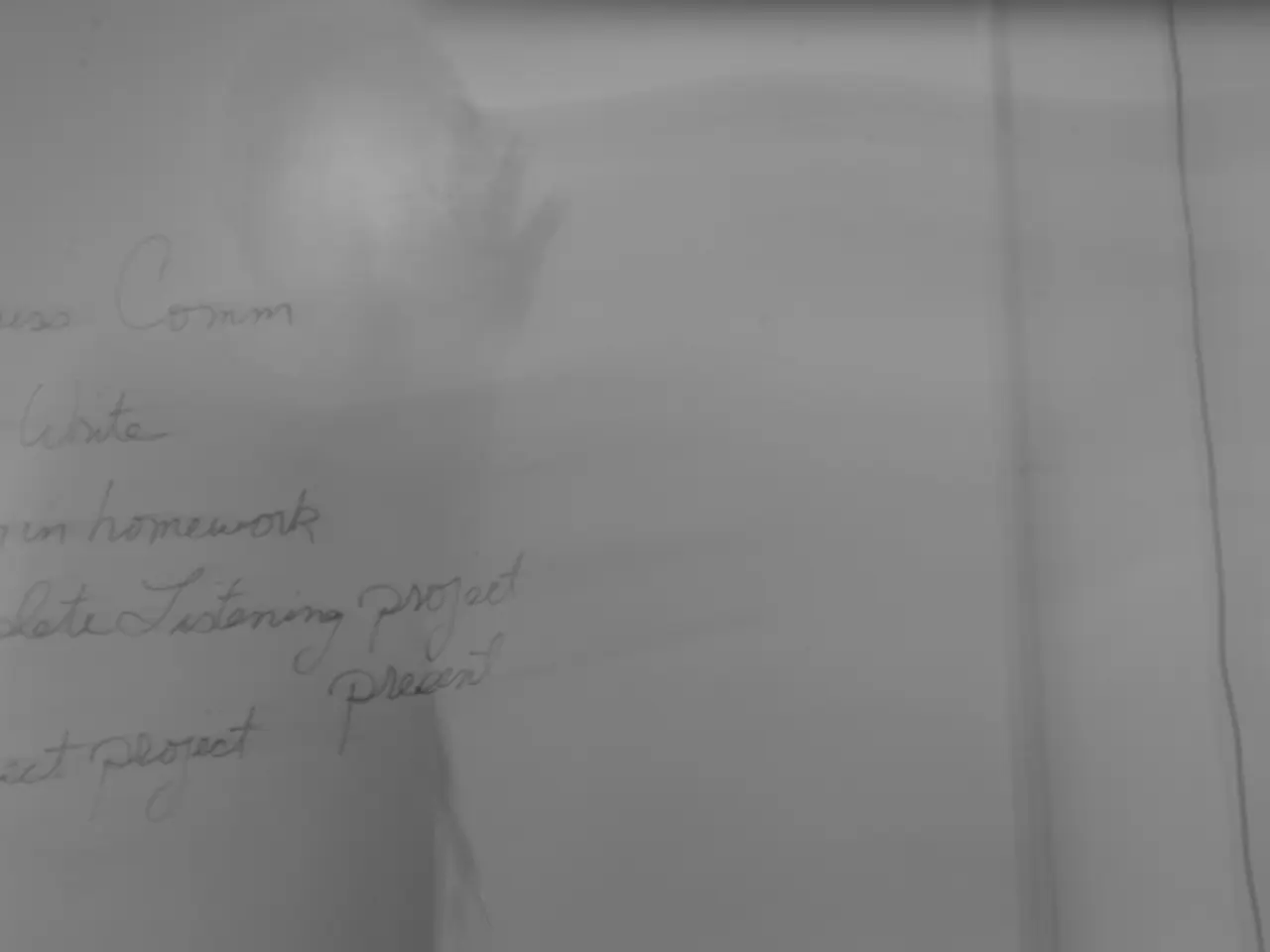Could Trump potentially serve as the administrative head of New York City?
In a series of recent statements, President Donald Trump has threatened to take over the governance of both New York City and Washington, D.C., if mayors who do not align with his political views are elected. However, a closer examination of the U.S. Constitution and legal precedent reveals that such actions would be unconstitutional and face significant legal challenges.
Cities, primarily under state and local government jurisdiction, are political subdivisions of states. The Constitution and legal precedent emphasize that the President cannot simply "take over" a city, and any direct federal control would require specific legal authorization from Congress or court orders.
Although the President can exert pressure on cities through various means, such as filing federal lawsuits, issuing executive orders, or deploying federal law enforcement, these actions face legal and constitutional constraints. For instance, courts have struck down attempts by past administrations to withhold federal funds based on sanctuary city policies, affirming local governments' rights to limit cooperation with federal immigration enforcement.
Cities like Washington, D.C., have unique status due to Congress retaining significant authority over local laws, giving the federal government somewhat more influence there than in states like New York. Nevertheless, any attempt to take over a city would likely provoke legal challenges and require Congressional involvement beyond the President’s executive powers.
President Trump's threat toward New York City to "run" or take over the city runs up against deep constitutional limits, and any federal intervention would need to respect the balance of powers between federal, state, and local governments. In 1973, when Nixon ceded self-governance to district residents, Washington, D.C. was still rebuilding after riots destroyed city blocks following the assassination of Martin Luther King Jr. Since then, the Constitution has placed significant limitations on a President’s ability to directly control a city.
Experts on presidential power, such as Elizabeth Goitein, have stated that it would be unconstitutional for Trump to take over New York City. Domingo Morel, an associate professor, suggests Trump's threats to take over cities like New York and D.C. imply a form of disenfranchisement, implying that voters' decisions don't matter if the president disagrees with the elected officials.
While President Trump's administration has aligned with DC Mayor Muriel Bowser on one key DC issue – the reconstruction of RFK stadium as a home for the Washington Commanders – his threats against the city and New York City are concerning for advocates of democratic principles and the balance of powers between federal, state, and local governments.
[1] Brennan Center for Justice, "Presidential Power and the Constitution: The Future of Federalism" [2] National Immigration Law Center, "Federal court blocks Trump administration from withholding funds from sanctuary cities" [3] Congressional Research Service, "The District of Columbia Home Rule Act: Overview and History" [4] The National Constitution Center, "The District of Columbia: A Unique City" [5] Brookings Institution, "Presidential Power and the Constitution: Fact and Fiction"
- The presidency holds influence over cities through legal means such as filing lawsuits, issuing executive orders, or deploying federal law enforcement, but these actions are subject to legal and constitutional constraints.
- In 1973, during the Nixon administration, the Constitution placed significant limitations on a President's ability to directly control a city, even in the aftermath of the destruction caused by riots in Washington, D.C.
- Experts on presidential power, like Elizabeth Goitein and Domingo Morel, have argued that taking over a city like New York by President Trump would be unconstitutional and suggests a form of disenfranchisement, implying that voters' decisions don't matter if the president disagrees with the elected officials.
- Cities like Washington, D.C. have unique status due to Congress retaining significant authority over local laws, but any attempt to take over a city would likely prompt legal challenges and necessitate Congressional involvement beyond the President’s executive powers.
- Court rulings have affirmed local governments' rights to limit cooperation with federal immigration enforcement, demonstrating that cities are primarily under state and local government jurisdiction.
- The threat of federal intervention in cities like New York and D.C. by President Trump raises concerns for advocates of democratic principles and the balance of powers between federal, state, and local governments.
- In examinations of policy and legislation, the focus on issues like war-and-conflicts, crime-and-justice, and car-accidents is significant, but so is the study of the general news, specifically the constitutional limits on presidential power regarding politics, governance, and control over cities. In this context, the discussions surrounding American football leagues like the NFL, NCAA football, and sports like football receive attention as part of the broader political landscape.







